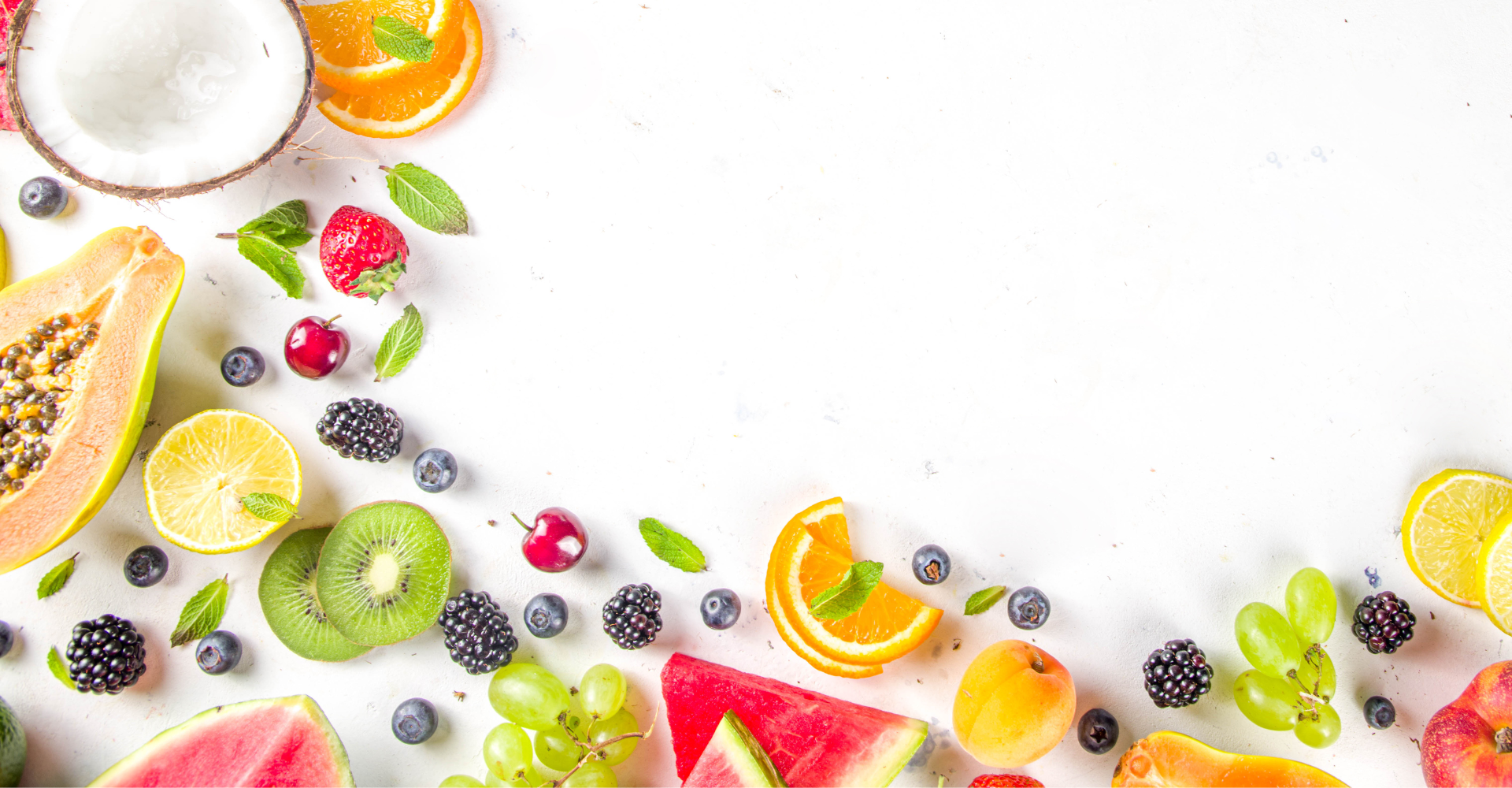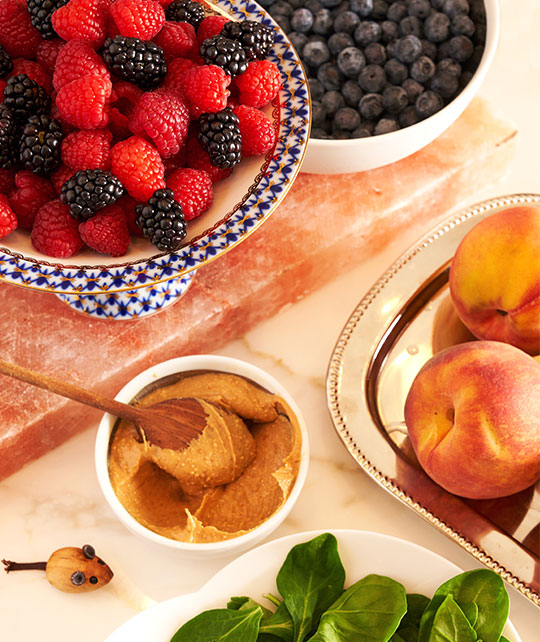
Get the LFE SIBO Food List
Access the full list of low fermentation eating approved foods, and foods you should avoid.
It is estimated that 70 million Americans are affected by SIBO, IBS or one of the more than a dozen diseases linked to digestive health and fully 74% say that they live with symptoms of digestive discomfort. Low Fermentation Eating is designed relieve these symptoms and bring back the joy of eating.
Based on decades of their own pioneering research, Dr. Pimentel and Dr. Rezaie's Low Fermentation Eating plan can be broken down into two essential parts: restrict foods that contain high levels of carbohydrates or ingredients that humans cannot digest and therefore become digested by bacteria and space meals four to five hours apart to allow for the gut's cleaning waves.
At the top of the list of foods to avoid are all non-absorbable sugars, such as sucralose, sorbitol, lactitol, xylitol, mannitol and even stevia. Humans cannot digest these artificial sweeteners and therefore 100 percent of their calories are available for bacteria to digest, allowing the bacteria to thrive and overpopulate in your gut. Additional problematic foods include high-fiber foods and foods high in inulin. You should also limit or eliminate high-residue foods. High residue foods are foods that are difficult to digest and leave a residue in your gastrointestinal tract. These foods include lentils, peas, soy products, milk and other dairy products such as yogurt and cheese.

Access the full list of low fermentation eating approved foods, and foods you should avoid.
Aside from diet, the second piece of the plan involves the timing between meals. Your gut is designed to naturally produce cleaning waves, however these waves can be disrupted.We cannot emphasize enough the importance of keeping the gastrointestinal tract’s cleaning waves intact on a regular basis. These housekeeping waves do not occur until you are fasting. The feeding phase of digestion ends within one to three hours of eating, and then the housekeeping waves start. Based on this time frame, we recommend waiting four to five hours between each meal and absolutely no snacking between. That will give you at least one or two sets of housekeeping waves between each meal.
Over time, overly restrictive diets (like Low FODMAP) can cause your microbiome to become less diverse and can change your microbiome nutrient intake. Patients following more restrictive diets often experience a decrease in retinol, thiamin, riboflavin, and calcium. While these more restrictive diets may improve SIBO & IBS symptoms in the short-term, it is not advised to follow these restrictions longer than approximately three months or patients may experience malnourishment.
The goal of Low Fermentation Eating is to reduce or eliminate symptoms of SIBO or IBS and allow anyone struggling with one of these GI disorders to live a full life that includes delicious, nutritious foods and freedom from their gut health issues. Foods allowed on the Low Fermentation Eating diet are much broader, even including ingredients like onion and garlic, in moderation. The Low Fermentation Eating diet is easy-to-follow, completely nutritionally sustainable, and allows patients to return to eating that feels normal and not overly restrictive.

Learn about SIBO, IBS and your microbiome in The Microbiome Connection and then treat your GI system with delicious food from our cookbook.

Pulled from our cookbook and Krystyna's kitchen, these delicious and SIBO friendly recipes use Low Fermentation Eating to balance your microbiome.

We help you gain a better understanding of the science behind SIBO, IBS and other GI issues so you can gain greater control of your health.